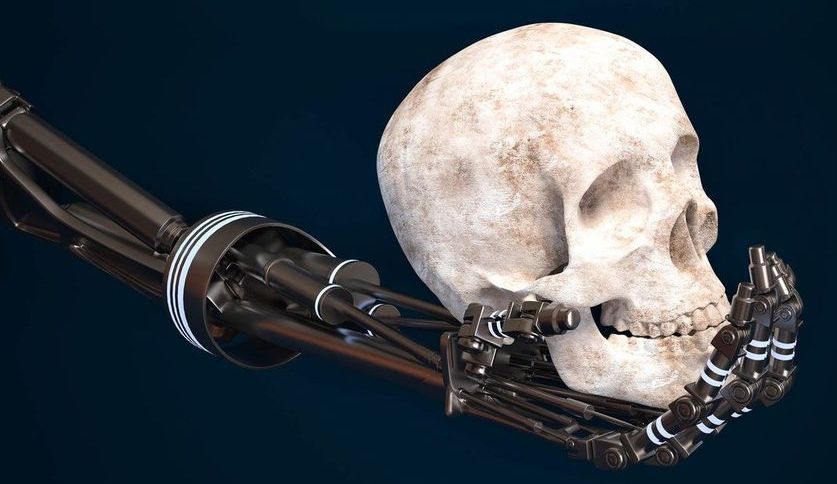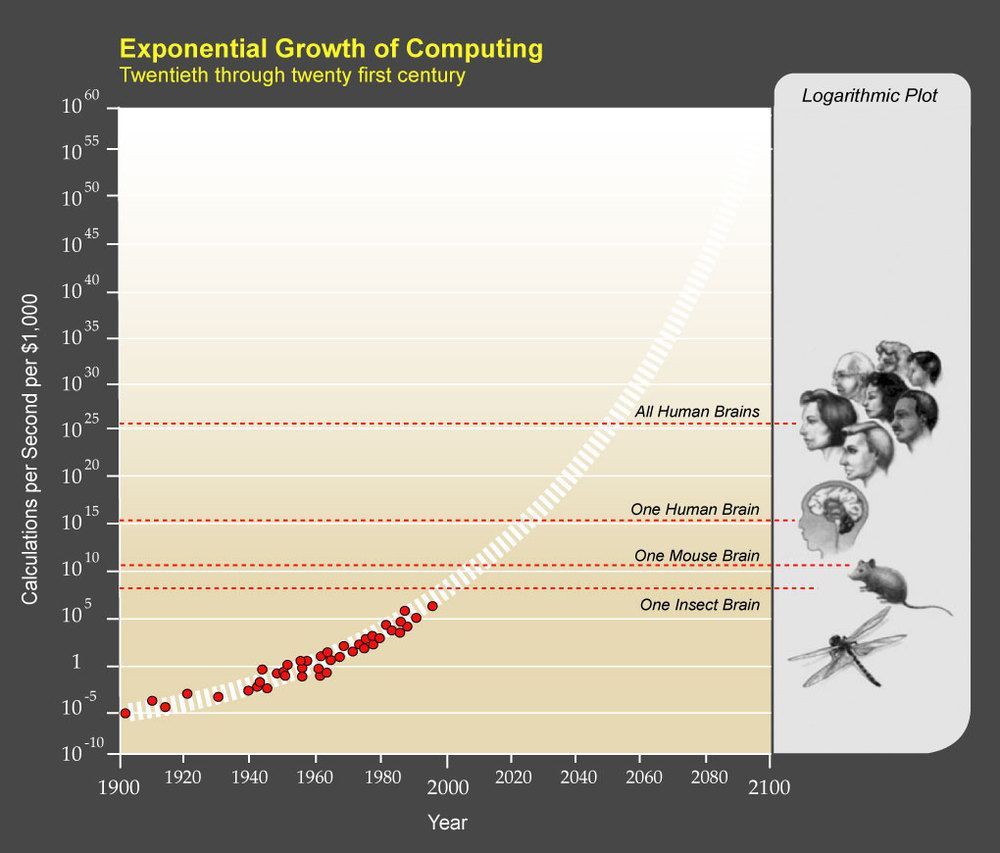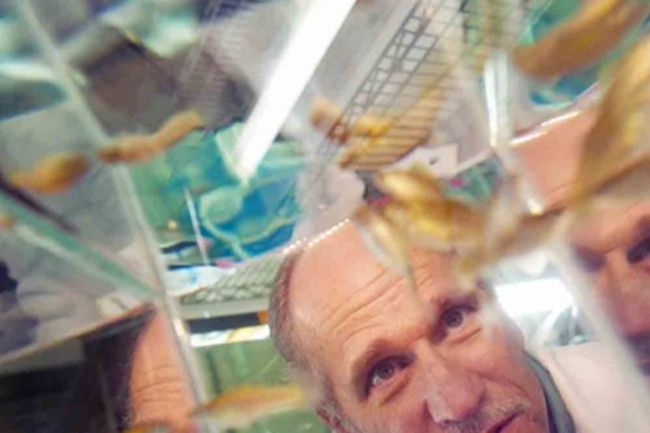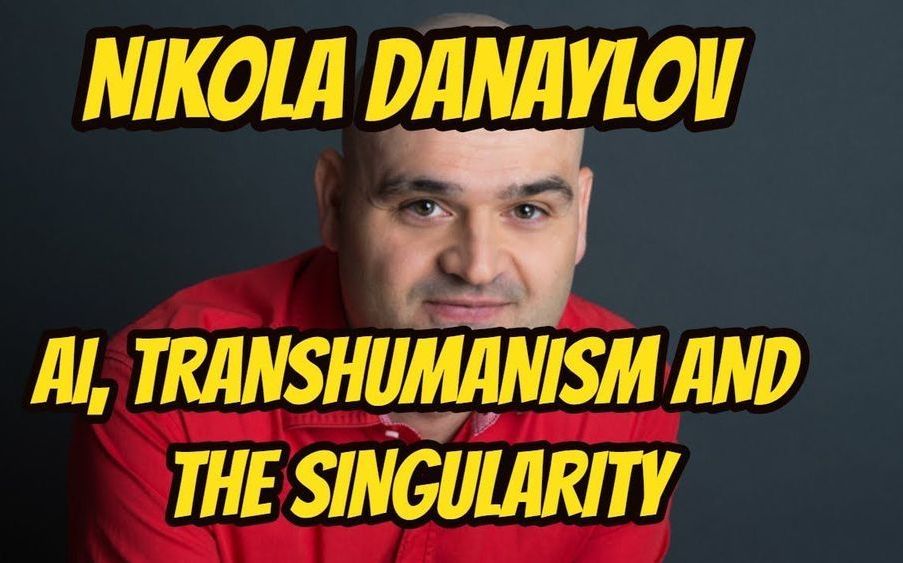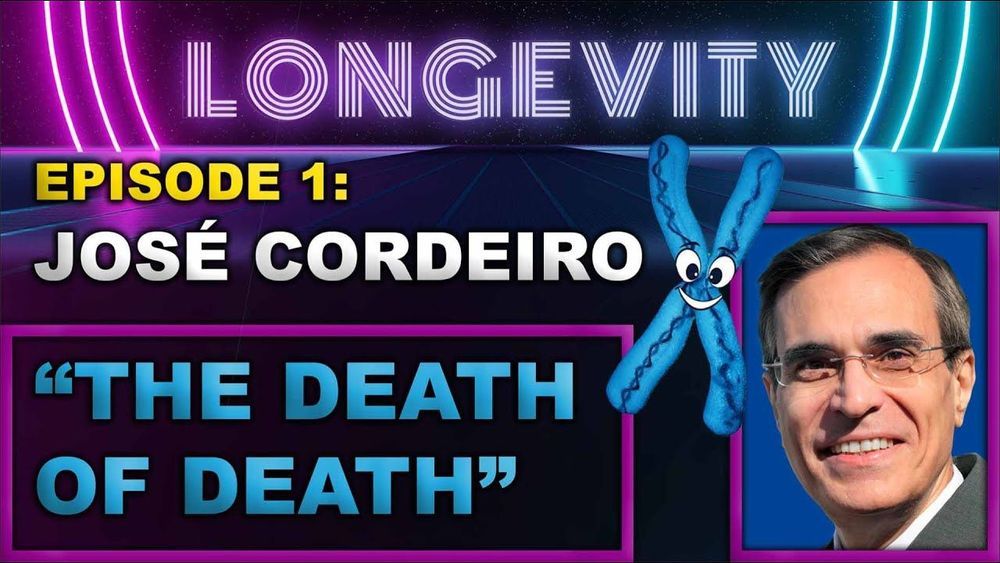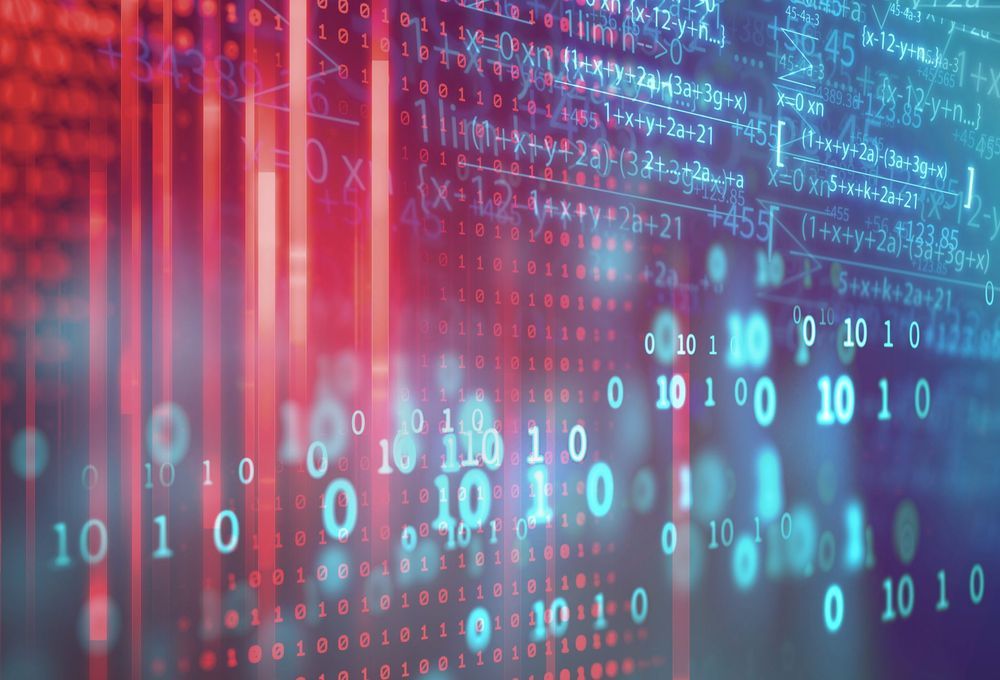
I n his article on “Posthuman Subjectivity and Singularity in the Nature-Culture Continuum” (2020) Hyun-Shik Jun examines Rosi Braidotti’s posthuman subjectivity through the post-structuralist and philosophical perspectives of Jacques Derrida and Giorgio Agamben. Whereas the technocratic paradigm seems to have eradicated the subject, Braidotti attempts to reinscribe the subject in current posthuman cultural, political and social landscapes. Jun is sympathetic to Braidotti’s work and aims to illuminate posthuman subjectivity as a dialectical and transversal phenomenon.
Braidotti “holds the nature-culture continuum as the starting point for her theory, seeking to distance herself from the social constructivist approach which, she claims, is constrained by a dualistic understanding of the world and hence an opposition between nature and culture” (Jun 2020, 1). Jun thinks that Braidotti’s posthuman nature-culture continuum is in the right direction but lacks a sufficient dialectic in understanding subjectivity more coherently. Hence he looks to the Hegelian trajectory, one which does not see a dialectical reconciliation of opposites but a dialectical paradox, a sublation of contradictions between similarity and difference, yielding to an open-ended process of being without origin or closure.
Relying on Derrida’s notion of différance and Agamben’s signator, Jun states that “the posthuman subject should be understood as the deferred subject” ; that is, the subject who never arrives at final subjectivity because engagement between nature and culture is a constant, indefinite and dialectical movement. Hence the posthuman subject is “neither the centered self-conscious being nor the decentered unconscious automaton of modernity. The posthuman subject emerges with a sort of ontological fold or gap wherein nature and culture meet”.
